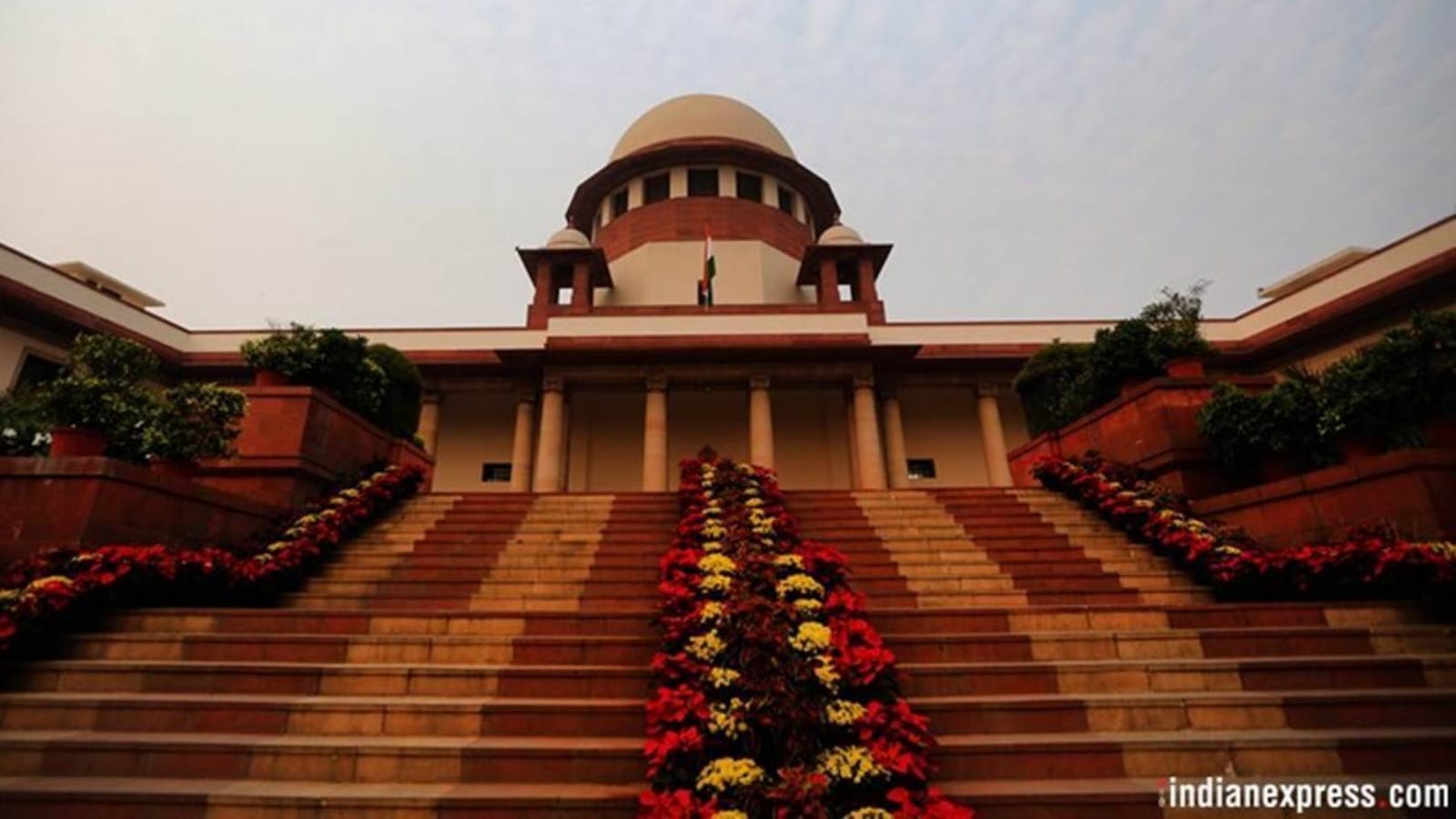SC sets aside HC order for CBI probe into UP Assembly Secretariat recruitment ‘irregularities’
The bench said that the Supreme Court “has consistently cautioned that a CBI investigation should not be directed as a matter of routine or merely because a party casts certain aspersions or harbors a subjective lack of confidence in the State police”.
 The judgement added, “An order directing an investigation to be carried out by CBI should be treated as a measure of last resort...”
The judgement added, “An order directing an investigation to be carried out by CBI should be treated as a measure of last resort...”Setting aside an Allahabad High Court order directing a CBI probe into allegations of manipulation and favouritism in recruitments to administrative positions in the UP Legislative Assembly Secretariat during 2020-21, the Supreme Court on Thursday said that an order for a CBI investigation should not be passed in a “routine manner” but should be a “measure of last resort”.
The Indian Express had reported on November 24, 2024, that following the recruitment exam, one-fifth of the positions were filled by candidates who were relatives of senior state officials. The High Court, while calling it a “shocking…scam,” had ordered a CBI enquiry into the matter on September 18, 2023.
Setting this aside, a Bench of Justice J K Maheswari and Justice Vijay Bishnoi said, “It is well settled that directions for CBI enquiry should not be ordered by the High Courts or this Court in a routine manner. The jurisprudence, as developed by this Court through judgements referred… qua the direction of an investigation by the Central Bureau of Investigation (CBI), is well-settled. It imposes a significant self-restraint on the exercise of this extraordinary constitutional power under Article 32 or Article 226 of the Constitution of India.”
“The exercise of inherent powers to direct CBI to investigate must be exercised sparingly, cautiously, and only in exceptional situations,” the Bench added.
The Allahabad High Court had ordered the CBI probe on a PIL, alleging that the external agency, which conducted the recruitment examination, favoured a certain set of candidates.
The matter had reached the High Court after some unsuccessful candidates sought the quashing of the entire recruitment process, and to hold it afresh.
Hearing it, a single-Bench judge on April 12, 2023 directed that “to maintain the public confidence in the recruitment process…” the recruitment should be in the hands of the specialised statutory recruitment body, and not…a selection committee or a private agency” and directed that “in future all Class-III posts in Assembly and Council..be filled up by the selection made by the Uttar Pradesh Subordinate Services Selection Commission.”
A special appeal was filed, and while it was pending before a Division Bench, a writ petition was filed by other petitioners for quashing the entire selection and appointment made to the post of Assistant Review Officer, and sought a high-level probe into alleged manipulation and favouritism in the appointment.
The Division Bench registered it as a suo motu PIL and asked the CBI to conduct a preliminary inquiry.
After the review petition against it was dismissed, the matter reached the Supreme Court.
In its order on Thursday, the Supreme Court bench wondered how the Division Bench of the High Court, while entertaining the special appeal against a single judge order, could also have a suo motu PIL registered. “If such direction is carried out, it would amount to entertaining a PIL against the order of the learned Single Judge, which primarily cannot be said to be in consonance with the rules prevalent and demand of propriety,” the top court said.
The Supreme Court also noted that “neither of the parties in the special appeal nor in the writ petitions prayed for an inquiry by setting up the CBI into motion”, and that “on perusal of impugned order, it reveals that the Division Bench on the premise of fairness in public employment and credibility of the recruitment agency, proceeded to test the entire veracity of allegations cast upon the selection process.”
Stating that the High Court’s Division Bench based its decision on “assumption of doubt”, and ordered a CBI inquiry despite not having any necessary foundation and prayer by either of the parties,” the Supreme Court said the “counsel, appearing on behalf of the original writ petitioners, has made a candid prayer that their clients are not interested for holding any CBI enquiry in the matter…”.
Clarifying that it had not said anything on the merits of the matter, the Supreme Court asked the High Court Division Bench to hear the special appeal on its own merits. Setting aside the direction to register the suo motu PIL, the Supreme Court also left it to the discretion of the Chief Justice of the High Court to look into the “prevalent rules of the High Court and to register the said petition in the form as specified in the rules.”







